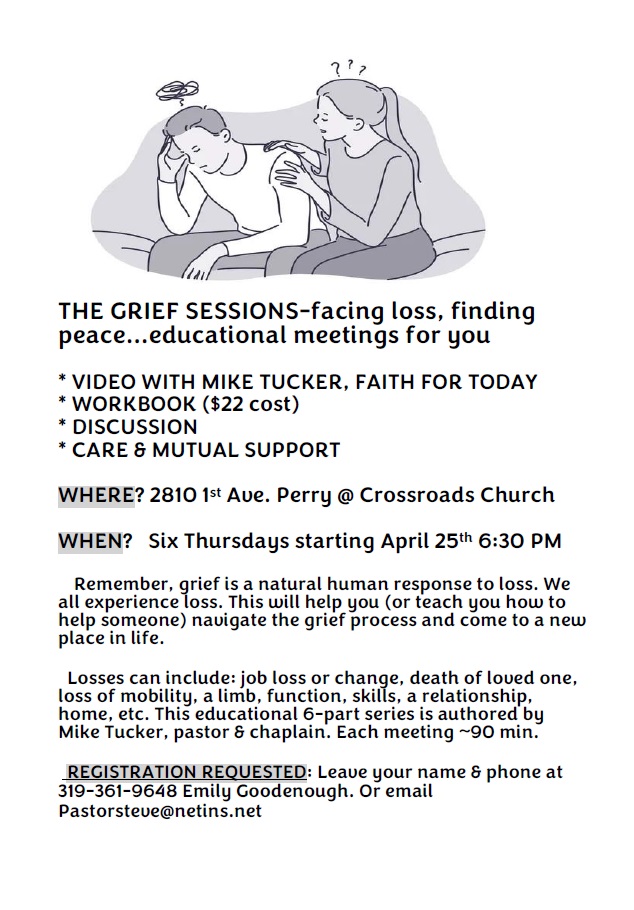It may not come as a surprise to rural Iowans that neighbors are often alarmed when a concentrated animal feeding operation (CAFO) is proposed for a community. With 22 million hogs in approximately 13,000 CAFOs statewide, many Iowans are all too aware that the inevitable stench and toxic emissions may pose a threat to health and quality of life.
But the public health and social impacts of CAFOs are not well known throughout the U.S. — or even sometimes in urban Iowa. While animal welfare issues garner a lot of national concern, the “human welfare” element is largely unknown to a broad swath of Americans.
That’s about to change with “Right to Harm,” a new film by the award-winning husband-and-wife team of Matt Wechsler and Annie Speicher. The documentary thrusts to the national stage the devastating reality of what many neighbors experience when living near massive livestock confinements, also known as factory farms.
The Iowa premiere is May 29 at 7 p.m. at the Iowa State Historical Building in Des Moines.
Wechsler and Speicher spent three years traveling around the U.S., meeting with neighbors in communities where CAFOs moved in and forever changed their lives. The film follows the stories of rural communities in five states and regions — including Iowa — in what amounts to a representative sampling of what life is like for hundreds of thousands of rural Americans.
“Right to Harm” depicts the health issues that drove people from their homes in Arizona and the Delmarva Peninsula, families whose wells were contaminated with viruses and bacteria in Wisconsin and North Carolina residents whose houses were covered with hog feces from nearby aerial manure spraying.
In Iowa, it tells the story of Gary Netser, an Iowa County resident who anticipated a peaceful retirement on his family’s 145-acre farm. That dream was decimated by the noxious stench and cacophony of screaming pigs from two 1,200-head CAFOs built 750 feet away shortly after Netser moved there.
“Right to Harm” also chronicles the heroic efforts of people fighting back in their state legislatures, where all too often elected officials bend to the desires of the multibillion-dollar corporate livestock industry at the expense of its less fortunate citizens. The Iowa segment addresses Iowa’s lax regulations and numerous loopholes, but footage of North Carolina legislators shamelessly reducing legal protections for neighbors takes one’s breath away.
Yet there are signs of hope as citizens in all five states organize to fight back and address the inequities in state right-to-farm laws. In Iowa we see the efforts of communities coming together to oppose infringing factory farms and advocate for laws that better protect vulnerable neighbors.
The film underscores why organizations like Iowa Alliance for Responsible Agriculture are essential. Advocacy groups give voice to millions of Americans, counter balancing the influence of the financially robust livestock industry at State Houses across the U.S.
It’s why, in Iowa, a factory farm moratorium bill was introduced and gained momentum with legislators these last two years, and now 26 counties are calling for a moratorium or legislative changes to the Master Matrix. People do have the power to move mountains.
This may be the year that factory farming finally garners the national attention desperately needed to shine a light on the social and environmental injustices associated with industrial livestock production. At least four presidential candidates have taken public stands, developing policies to stem the runaway growth of CAFOs, enforce antitrust laws and support the resurgence of independent family farmers.
“Right to Harm” exposes some of the real costs of industrial livestock production borne by vulnerable citizens — a welcome and needed voice for countless Americans who live this reality every day.
Diane Rosenberg is co-founder of the Iowa Alliance for Responsible Agriculture, a coalition of 33 community, state and national organizations advocating for a factory farm moratorium until there are fewer than 100 polluted waters.

















